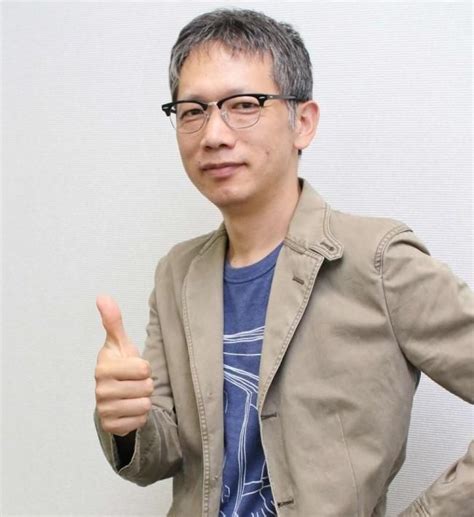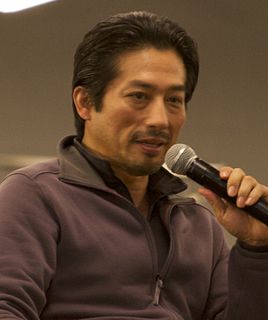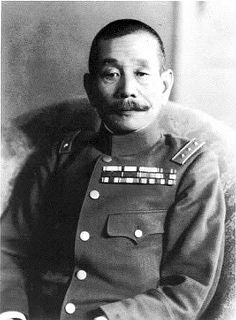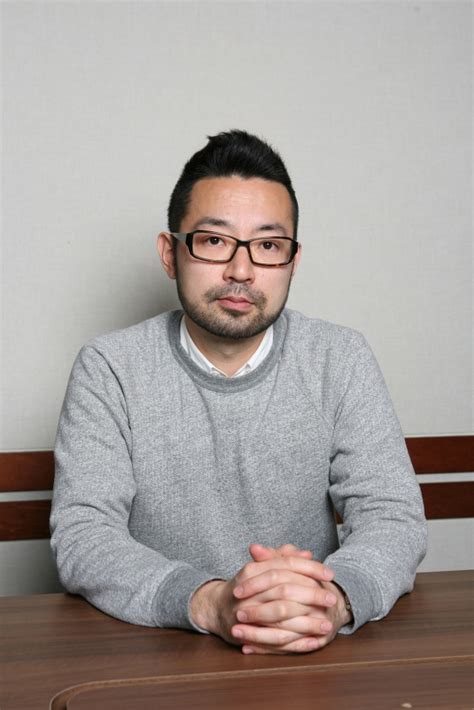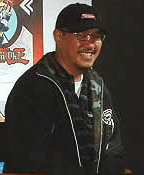A Quote by Shinobu Yaguchi
In Japanese society, the competitiveness is within a traditional respecting framework. The Japanese will not compete if that competition involves violence or if it is a zero sum gain - if you win, someone has to lose.
Related Quotes
Keanu Reeves learned a lot, respecting the culture. I was surprised when I first met him. He knew a lot already and he learned a lot. And also he learned Japanese. It's incredible. On the set, switching between the Japanese and English, even for us, is very hard. It's complicated. But the first time Keanu spoke in Japanese it was a very important scene between us, and more than the dialogue's meaning, I was moved. His energy for the film, completely perfect Japanese pronunciation. It was moving, surprising, respecting.
The Japanese army is now prepared to use every means within its power to subdue its opponents. The objectives of the Japanese Expeditionary Forces are, as clearly set forth in statements issued by the Japanese Government, not only to protect the vested interests of Japan and the lives and property of the Japanese residents in the affected area, but also to scourge the Chinese Government and army who have een pursuing anti-foreign and anti-Japanese policies in collaboration with Communist influences.
As well as Japanese animation, technology has a huge influence on Japanese society, and also Japanese novels. It's because before, people tended to think that ideology or religion were the things that actually changed people, but it's been proven that that's not the case. Technology has been proven to be the thing that's actually changing people. So in that sense, it's become a theme in Japanese culture.
My colleagues and I are of that generation of young men who went through the Second World War and the Japanese Occupation and emerged determined that no one–neither Japanese nor British–had the right to push and kick us around. We determined that we could govern ourselves and bring up our children in a country where we can be proud to be self-respecting people.
It is sobering to recall that though the Japanese relocation program, carried through at such incalculable cost in misery and tragedy, was justified on the ground that the Japanese were potentially disloyal, the record does not disclose a single case of Japanese disloyalty or sabotage during the whole war.
